|
Matthew Heineman embedded himself in blood-soaked territory for the visceral documentary Cartel Land
Corpses hanging from bridges. Severed heads tossed onto a dance floor. Mass graves. Kidnapping victims dismembered. Any one of these horrors from Mexico's hyper-violent drug war would be enough to convince most people to keep a very safe distance. But not Matthew Heineman.
The filmmaker put himself right in the middle of the bloodshed for his gripping Cartel Land, which documents the hideous mayhem and the rise of self-appointed self-defense groups on both sides of the US-Mexico border.
During the nearly nine months he shot the film Heineman witnessed gun battles, manhunts, clandestine meth lab operations and tense standoffs between the Mexican military and the so-called "Autodefensas" led by the charismatic Dr. Jose Mireles.
Cartel Land expands to Atlanta, Indianapolis, Austin, Santa Fe, Calgary and other cities on Friday after opening earlier this month in LA, New York, Denver, Houston and Toronto.
Nonfictionfilm.com spoke with Heineman about the risks he took to shoot the film, and what he hopes it will achieve. [I] felt in danger at all times. I think it'd be crazy if I didn't.
Nonfictionfilm.com: Why were you willing to put yourself in harm's way for this project?
Matthew Heineman: I really believe deeply in this film and I felt a great duty to tell this story. I wanted to tell the story of what narco-violence does to everyday people and then the response of every day people rising up to fight back and then the ramifications of that. NFF: Were there times when you felt your life was in danger? MH: I think it felt in danger at all times. I think it’d be crazy if I didn’t or I’d be inhuman. I’m not a war reporter. I’ve never been in situations like this before. So it’s a frightening film to me. Despite all the shootouts, the torture chambers, the meth labs, I think what scared me the most was an interview I did with a young woman who was kidnapped by the cartel whose husband was also kidnapped beside her and she witnessed him getting chopped up to pieces and then burned to death in front of her. To see this woman, to look into her eyes and see the deep hollowness and just think about human beings that would do that to other people-- that sort of stayed with me psychologically more so than anything. When you're on the border you really do feel like you're in this lawless world, a world controlled by the cartels.
NFF: The main characters in your film are Tim "Nailer" Foley, an American ex-military guy who forms a group to patrol the Arizona side of the border, and Dr. Jose Mireles, a physician from Michoacán who founds the Autodefensas group to combat the narco-traffickers.
MH: These two men, the leaders of these two groups -- Nailer and El Doctor -- they're both 55 years old. They both believe that [their] government failed them. And they both "take the law into their own hands" to fight for what they believe in. But their circumstances are different and that's quite clear. The violence in Mexico is visceral, it's real -- 80,000 plus people killed since 2007, 20,000 people disappeared since 2007 -- whereas in Arizona the violence is more theoretical. It's a fear that these wars could seep their way across the border.
NFF: You were right in the middle of the action as bullets were flying back and forth.
MH: That’s correct. NFF: How did your family feel about that? MH: I actually found that being behind the camera calmed me down in some of these situations, you know focusing on focusing, focusing on exposing and the craft of filmmaking allowed me to sort of be more calm in these very intense moments and these very intense situations. But my family-- my girlfriend was not particularly excited about me being down there.
NFF: Is there anything in particular you would like to see result from your film?
MH: One of the things that I’d love to do is, especially in America, show people there’s a war that’s out there, in the country just south of us and a country that we share so much history with and that we share a border with. We talk a lot about ISIS, we talk about all these extreme groups around the world but there’s a war that’s happening just south of us in our neighbor country and a war that’s resulted in 80,000 people being killed, 20,000 people being disappeared, a war that we’re connected to, a war in which we are consuming the drugs that are funding this war, that are the basis for the violence. It’s a complicated web of factors that contribute to why [the war] exists. But we are tied to it. And so I hope that the film shows that and shows [people] a war that they’ve never seen before. That’s the goal. We talk a lot about ISIS, we talk about all these extreme groups around the world but there’s a war that’s happening just south of us.
NFF: The recent escape of imprisoned drug lord "El Chapo" Guzmán has returned the issue of narco-violence to the headlines. It had more-or-less fallen off the radar in the US until Donald Trump alluded to it, in what many considered offensive terms. What did you make of Trump's comments? Were they off base?
MH: I don't know Donald Trump and I'd prefer not to talk about him. NFF: Is there any value in Trump rekindling the issue of border security and by extension narco-violence? These are the preoccupations of Tim "Nailer" Foley. MH: Again, I didn’t make-- this is not a policy film. It’s a film about what motivates men and women to take up arms. This is a film about living in a world where you can’t trust the institutions that are there to protect you. This is not a policy film. This is a film taking this issue out of the headlines and putting you right in the middle of the action. I did not make a policy film.
NFF: Just about everyone in your film is morally ambiguous at some level. What do you think about what Nailer is doing and is he coming at it from the right place in your view?
MH: As he describes it himself he went down to the border to stem the flow of illegal immigrants coming across our border and then he realized that the real enemy was the cartels. Five years ago there were two businesses-- there’s drug smuggling and there’s human smuggling. And they’re two completely separate businesses, they operate on two separate trails. But now in the last couple of years... everything is controlled by the cartels. It’s a scary change. When you’re on the border you really do feel like you’re in this lawless world, a world controlled by the cartels and not necessarily American soil. You look up at the mountaintops and there’s cartel scouts watching you. You can listen to them on the radio and hear them talking about you. NFF: In the film we see the parallel rise of the Autodefensas, which at first seems like a promising grass-roots movement in Mexico aimed at taking back control of territory from the cartels. What happened to the movement? MH: When I first set foot in Mexico I thought I was telling this very simple hero-villain story of guys in white shirts fighting against guys in black hats. And over time the lines between good and evil were becoming quite blurry. And that blurriness fascinates me. It was something that I almost became obsessed by. What was really happening? Where was the story going? Who were the good guys, who were the bad guys? In many ways the film wound up becoming the rise and fall of the autodefensas -- with El Doctor, the leader, as the protagonist. That fall was not anything that I could have ever dreamed of or scripted or imagined happening.
NFF: How did you get the access that you did? I would think a lot of the people down there -- whether in the Autodefensas or the cartels -- would not really like a guy with a camera around.
MH: Access is everything. I really didn’t want to talk about this from the outside... I really wanted to get right in the middle of the action. For me, I’ve always found that once you get buy-in from leadership then you generally get access to whatever institution they’re leading -- whether it’s a hospital in the case of Escape Fire:The Fight to Rescue American Healthcare or a vigilante group in the case of Cartel Land. Once you get the buy-in of the Doctor and Nailer I generally have the buy-in of the respective groups. But also time. With the case of the Autodefensas a lot of [journalists] were there covering the story -- they came down for a day or two or three. It’s really difficult to tell a story in that short amount of time -- a story as complicated as this. I couldn’t do it. So I was able to spend almost nine months down there really developing these story lines, developing characters and in a way getting into the sort of intimate corners and scenes that I was able to get.
|
AuthorMatthew Carey is a documentary filmmaker and journalist. His work has appeared on Deadline.com, CNN, CNN.com, TheWrap.com, NBCNews.com and in Documentary magazine. |
- Home
- News
- Videos
-
Galleries
- 2019 Tribeca Film Festival
- Full Frame Documentary Film Festival
- 2019 SXSW Film Festival
- SXSW 2018 Gallery
- 2019 Sundance Film Festival
- Outfest 2018 Photo Gallery
- Outfest 2017
- Sundance 2018 Photos
- 2017 LA Film Festival
- 2017 Cannes Film Festival
- Tribeca Film Festival 2017
- SXSW 2017 Gallery
- 2017 Berlin Film Festival
- Sundance 2017 Gallery
- 2016 Los Angeles Film Festival
- Cannes Film Festival 2016
- SXSW 2016 Gallery
- Berlinale 2016 Gallery
- Sundance 2016 Gallery
- Filmmaker Gallery
- About
- Contact
Proudly powered by Weebly
- Home
- News
- Videos
-
Galleries
- 2019 Tribeca Film Festival
- Full Frame Documentary Film Festival
- 2019 SXSW Film Festival
- SXSW 2018 Gallery
- 2019 Sundance Film Festival
- Outfest 2018 Photo Gallery
- Outfest 2017
- Sundance 2018 Photos
- 2017 LA Film Festival
- 2017 Cannes Film Festival
- Tribeca Film Festival 2017
- SXSW 2017 Gallery
- 2017 Berlin Film Festival
- Sundance 2017 Gallery
- 2016 Los Angeles Film Festival
- Cannes Film Festival 2016
- SXSW 2016 Gallery
- Berlinale 2016 Gallery
- Sundance 2016 Gallery
- Filmmaker Gallery
- About
- Contact

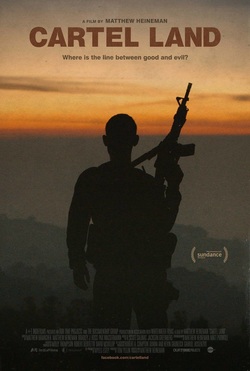
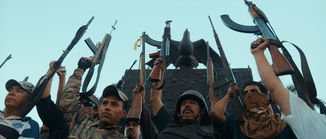
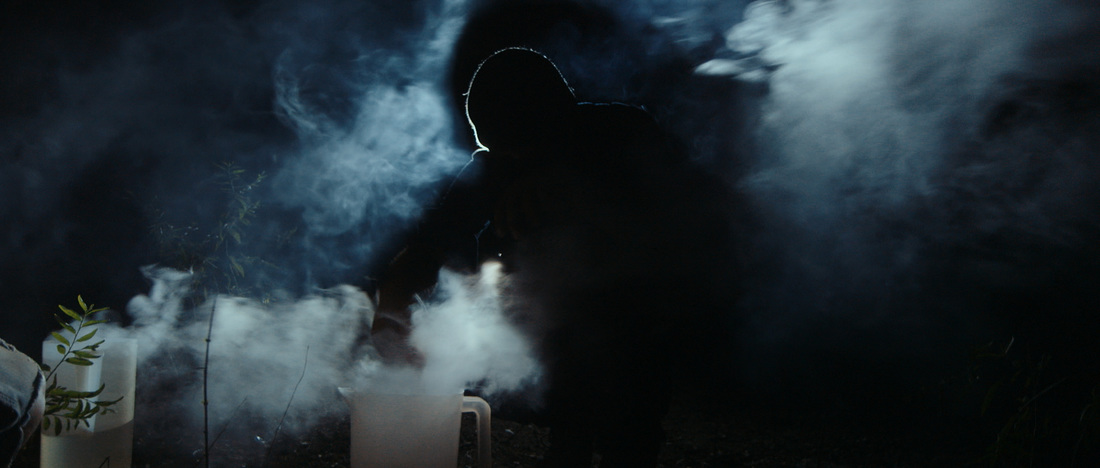
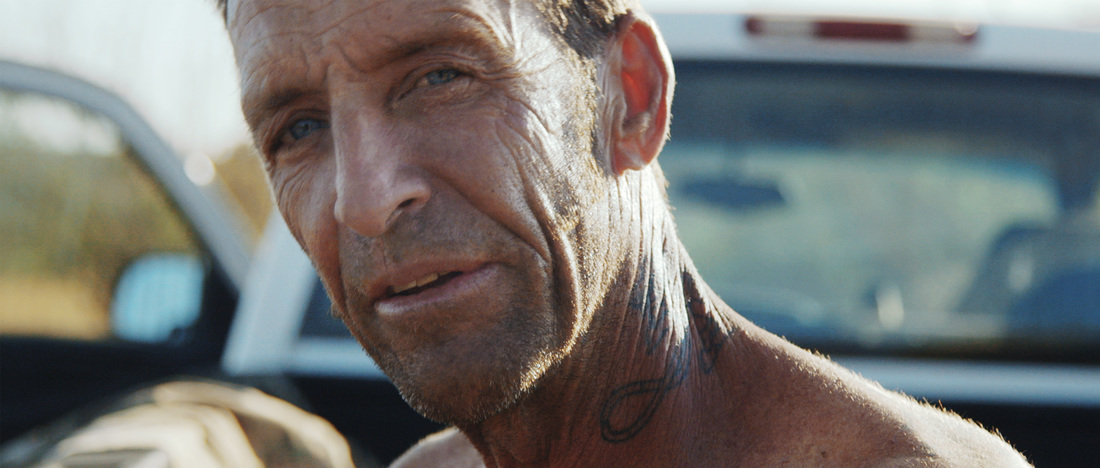
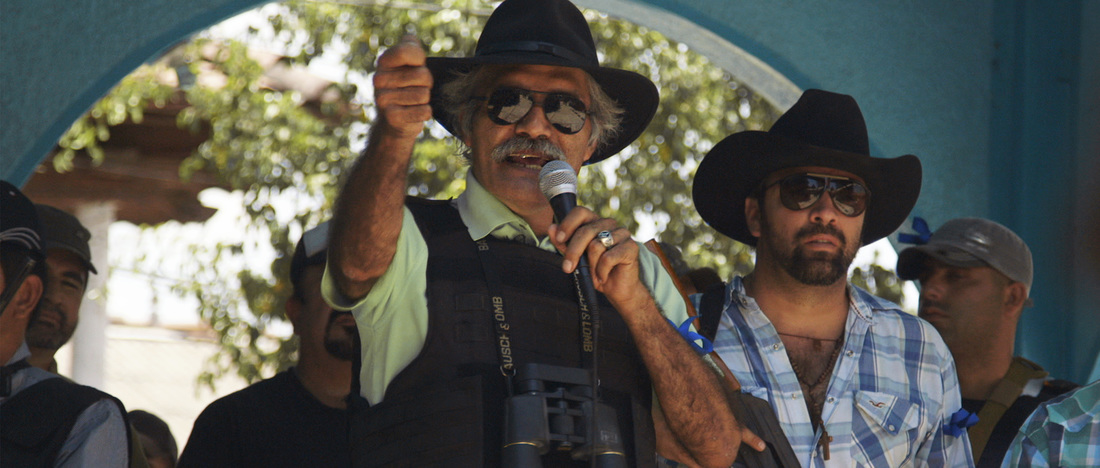
 RSS Feed
RSS Feed